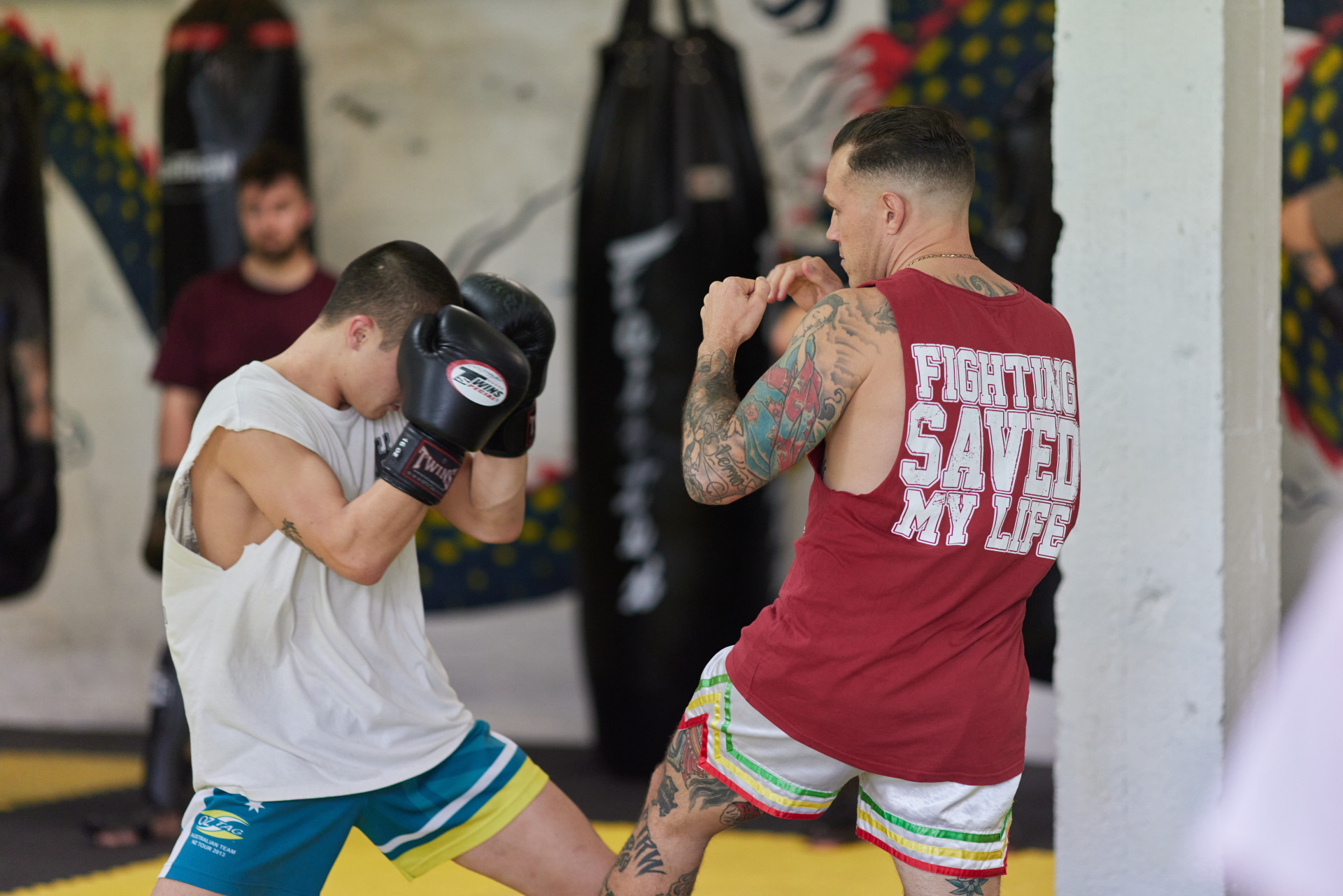There’s been a real explosion of discussion about masculinity over the last six or seven years. Public conversations on topics ranging from suicide, road accidents, alcohol abuse, to domestic violence, have begun addressing masculinity, in particular, toxic masculinity, as a causative to many social issues. Some say it’s a lack of masculinity, some say it’s too much masculinity, but many seem to have a confused or mistaken understanding of the word.
As a starting point to any debate, I think it’s important that no matter what our experiences, opinions and knowledge might be, it’s essential that we have some shared key understandings and definitions. Masculinity can be defined as:
Some of these social and gendered expectations are healthy, and others, not so much. There’s nothing wrong with the ideas associated with manhood like providing for your loved ones, being a leader or having an interest in sports. On the other hand, it’s not great for anyone to think that real men don’t cry, use their fists to solve problems, don’t talk about their feelings or are meant to work hard all the time. These expectations are presented to us at a really young age. Think of the stories people tell us, the media we consume, the way our parents react to us – these are all ways of shaping our behaviour along gendered lines. When we step outside these lines, we can get punished, so we stay within a metaphorical box – the ‘Man Box’.
So, what exactly is the Man Box?
The Man Box is a set of social expectations that keep boys and men stuck in the unhelpful range of what we expect masculinity to look like. Most of us learn how to act to fit in the box early on, and we fall into playing what are called ‘gender roles’.
Over time, the box keeps us caught into certain ways of thinking and behaving, even if they aren’t healthy for us. The Man Box then becomes an unhealthy place to be. This is why people use the term ‘toxic masculinity’ with toxic being defined as ‘extremely harsh, malicious, or harmful’. While the term is not helpful – because it makes boys and men feel bad for just being male – it is important to understand.
We rarely promote men who are good at mathematics (personally, I’m terrible at math) or are stay at home Dad’s. We don’t see gay men held up on billboards or on Instagram adverts. We continue to have limited stereotypes presented to us to live up to. The image of men being good at drinking alcohol, or as solitary lone wolves, sports stars, or rugged farmers are still the ideas of manhood that mainstream culture presents to us. And hey, sports, farming and enjoying our own company, are not inherently bad, but what are they saying about boys and men who aren’t into sports, or chasing girls, or sinking heaps of piss, or driving powerful cars? I’d argue that it’s only showing us a narrow way of acting as men, when we need a broader one.
Haven’t those things changed already?
While things are slowly changing (I mean here you are, reading this), gender roles are still very rigid in society. So, let’s look at some of the common features of masculine gender roles that create the Man Box.
To fit in properly, boys are taught by the people and culture around them to:
- Be tough
- Be unemotional
- Be hyper-sexual
- Be in control
- Use violence when needed and not back down from confrontations
- Take risks
This might sound a bit abstract but think about it like this: I went to a very macho, working class, all boys school with a strong rugby culture, my friends and I rejected this – we were punk, grungy, alternative 90s kids. We dyed our hair, wore wild colors, and had nose piercings. We were outside the Man Box. Because of this, we got teased and bullied. Now, while I didn’t enjoy team sports at school, outside of school, I was passionate about martial arts. So, one day when a crew of lads came to beat up a mate of mine, I jumped into a schoolboy scrap, and I did OK. But because I did, I instantly got a bro pass – an invitation into the Man Box. I couldn’t explain it then, but on some level it felt good. I cut my blue hair off, got a fade, changed my style, and started leaning into a socially rewarded idea of what I was meant to be like. I was soon more popular in school with both students and staff.
These expectations persist to this day. Boys learn quickly to not be too soft. When I am presenting about masculinity, I tell a story about my stepson when he was four years old. He came home one day bummed out that his little friends didn’t want to play with him.
When we asked, “why not?”, he said it was because he wanted to play with the Care Bears, and they had told him Care Bears are for girls. Yes, an evolutionary biologist will tell you there are indeed some differences between males and females and what each are interested in and how each can act, but Care Bears are pretty gender-neutral toys. It’s people who have decided Care Bears to be unacceptable for boys to play with. To me, it’s a simple story that highlights how, even from a young age, we enforce people getting in and staying in the Man Box.
As much as we police each other’s interests, such as the movies we watch, sports we play, hobbies we have and company we keep, we police each other’s behaviour too. A guy who doesn’t drink alcohol can get hassled a lot to fit in. Don’t be a pussy, or don’t be soft, are common lines you’ll hear from guys trying to get their mate to drink.
But why should I step out of the Man Box?
When we constantly tell each other to harden up, that you must drink to have fun and unwind, that we don’t know how to communicate, we are cutting off the softer sides of ourselves. Over the years, it means a lot of boys grow into men who don’t have the tools to deal with complex emotions and experiences. That means, we are often carrying stress, heartbreak, and anger with a whole range of issues and nowhere to put it, and we can explode. How that explosion looks can differ but what is similar is that someone often gets hurt.
Boys and men are dying by suicide and homicide at terribly high rates compared to women and girls. We are abusing substances, ending up in prison, dying in car wrecks and ending up in jail in heartbreaking numbers. And sadly too, men stuck in the Man Box, who adhere to strict gender roles, are shown to perpetrate domestic violence at way higher rates than those who don’t.
How do I break out of the Man Box?
It doesn’t have to be like this though. We can step outside of the Man Box, none of us are stuck there. We can all make a change in our immediate circle by starting with ourselves.
1. Let’s think about how we banter with each other. When dudes hang out, there can be a lot of lighthearted, funny shit talk but sometimes, for a laugh, there can be dissing when guys act weak, gentle, or feminine. For example, a guy might moisturise or perhaps cried in a movie one time in front of the boys. The diss might be intended to be just a joke, but there is a real message to anyone watching a guy get roasted – don’t be soft, or this could be you. If we can see men cry and say it’s no big deal (because crying is a human thing, not a male or female thing) then we are going to get somewhere.
2. When we are hanging out with each other and tell each other to harden up, if we hear a story about someone disrespecting a friend and jump to “let’s smash that guy”, when we encourage each other to binge drink through a breakup and push normal feelings down, we are keeping each other trapped in a space that’s not good for us. If we can do the opposite to this, we can start making a real difference. It’s powerful to tell someone that we can be angry but know that violence isn’t going to fix things or express our rage in a better way. I like listening to hip-hop or metal, hitting the boxing bag, or go running. We can just hug our mate who is crying, not tease them. We can help a struggling friend find a counsellor rather than telling them to just get over it.
3. Sure, yes, we live in a culture that constantly bombards us with messages that reinforce the same old ways but it’s not a given that we must recreate these messages in our own lives. We can say, hey, the word “bitch” is common in our culture, but it’s not cool to use that ourselves to disrespect women. Whether we are talking to our kids or friends, we can discuss the media that we are consuming, and consider what’s good and bad about it, and act accordingly. If you’re a coach, you’re a role model to your players or athletes and you can create a culture where a healthy range of emotional expression is celebrated. One where you don’t have to get hammered drunk after a win or a loss.
4. Whether we are parents, teachers, or mentors, we can also highlight positive male role models who showcase what healthy masculinity looks like. We can find voices online and offline and share them with others. Instagram accounts like @ForAllThe Brothers, @bro_chats_, UFC star @kaikaraFrance or boxer @juniorfaboxer are a few that are worth checking out.
Stepping outside of the Man Box and having a healthier idea of masculinity is good for all of us. It doesn’t mean we can’t enjoy watching the fights on Sunday’s anymore, or have some drinks, or enjoy an action film, or enjoy high performance cars. You don’t have to start wearing make-up (though if that’s your jam, all power to you!) it’s just saying there is more to being a man than fighting, fast cars and getting fucked up. When we expand our ideas of masculinity, when we can be emotionally expressive and be a bit vulnerable, that’s only going to have positive impacts, on ourselves, our friends, our families and ultimately, society. Let’s be the change!

